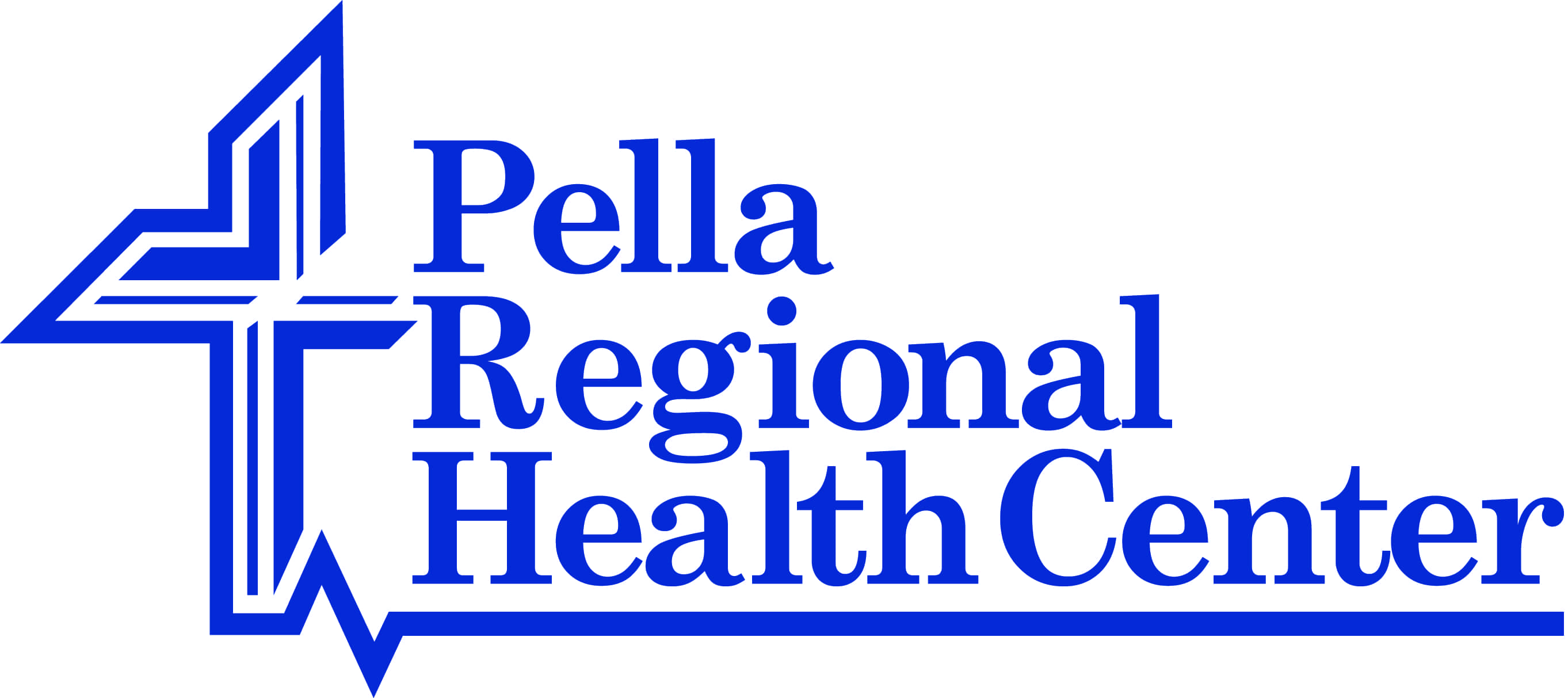
Handwashing is one of the most instrumental ways we can avoid getting sick and spreading germs to others. There are many illnesses that spread this time of the year and many diseases are spread by not washing hands. This is National Handwashing Awareness week, and Infection Preventionist Jen Weidenaar with Pella Regional says its the best way to prevent the spread of germs.
“Handwashing is the number one way we can all stop spreading germs to one another,” said Jennifer Weidenaar, RN, BSN at Pella Regional. “Handwashing interrupts the chain of infection and keeps ourselves as well as those around us healthy.”
The Centers for Disease Control and Prevention recommends when you should wash your hands:
· Before, during, and after preparing food
· Before eating food
· Before and after caring for someone at home who is sick with vomiting or diarrhea
· Before and after treating a cut or wound
· After using the toilet
· After changing diapers or cleaning up a child who has used the toilet
· After blowing your nose coughing, or sneezing
· After touching an animal, animal feed, or animal waste
· After handling pet food or pet treats
· After touching garbage
Handwashing doesn’t take much time and it is the most effective ways to prevent the spread of germs. Follow these steps to effectively wash your hands:
1. Wet your hands with clean, running water (warm or cold), turn off the tap, and apply soap.
2. Lather your hands by rubbing them together with soap. Lather the backs of your hands, between your fingers, and under your nails.
3. Scrub your hands for at least 20 seconds. Need a time? Hum the “Happy Birthday” song from beginning to end twice.
4. Rinse your hands well under clean, running water.
5. Dry your hands using a clean towel or air dry them.
If soap and water are not available, use an alcohol-based hand sanitizer that contains at least 60% alcohol.

